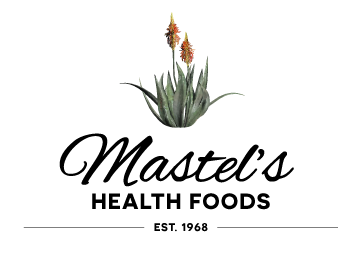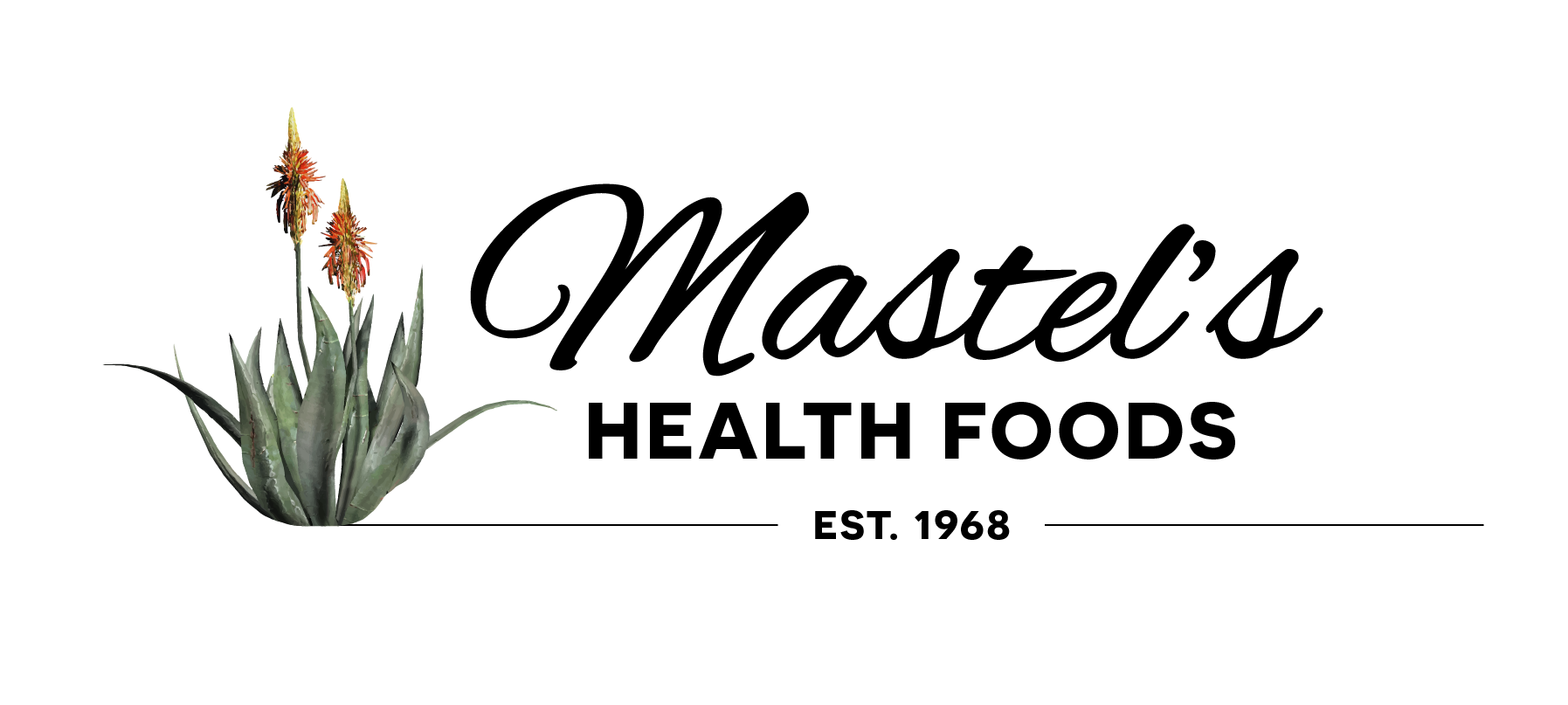So, what exactly is the deal with so-called “natural” sunscreens? What does “natural” really mean? Do they work as well as other sunscreens on the market? And what’s so bad about other sunscreens anyway?
We asked these questions, as many of you do, and did some research to find out.
The word “natural” means very little on a label. Prevention magazine defines “natural” sunscreens as those that are safe for you and the environment. Some things to look for are: mineral rather than chemical sunblocking ingredients, natural rather than synthetic fragrance, lack of parabens, and a high enough SPF to protect you in your region/for your activities. National Geographic found that sunscreen residues in water are killing coral reefs worldwide. Known harmful sunscreens have these ingredients in common: parabens, cinnamate, benzophenone, and a camphor derivative.
The most important consideration for how a sunscreen works is the SPF number. SPF stands for “sun protection factor.” The number refers to how much time you can spend in the sun, based upon a normal average for wearing no sunscreen at all. For example, if you can spend 10 minutes in the sun without sunscreen before burning, an SPF 30 sunscreen would allow 30 times that—or 300 minutes. An SPF 30 sunscreen does not block more UVB rays that an SPF 15 sunblock. The CDC warns that you must also be wary of the cancer-causing UVA rays, so look for a sunscreen that protects against both types of UV.
The Environmental Working Group has rating sunscreens on a variety of factors including hormone disruption, penetration of tissues and causation of skin allergies. See their website at www.ewg.org/2014sunscreen for more information.
MASTEL’S stocks sunscreens that are on the Environmental Working Group’s list of “Best Sunscreens."
References:
http://www.prevention.com/beauty/beauty/how-find-best-natural-sunscreen
http://news.psu.edu/story/141338/2010/06/01/research/probing-question-what-does-spf-rating-sunscreen-mean
http://news.nationalgeographic.com/news/2008/01/080129-sunscreen-coral.html

